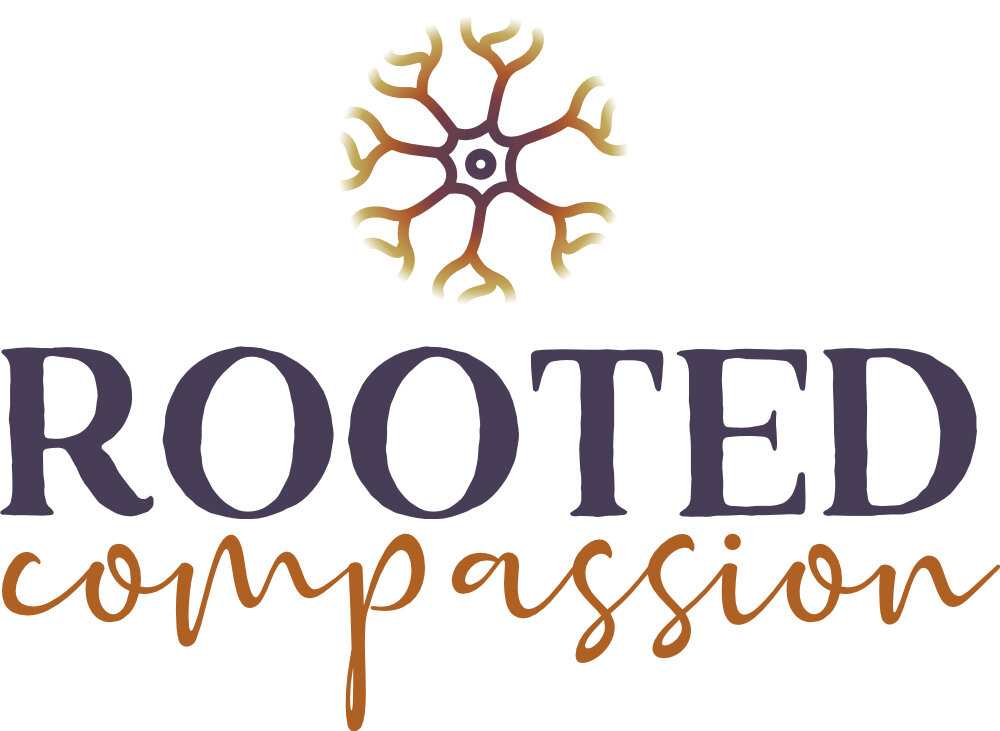Cincinnati Therapist Discusses Trauma Responses in Learning
Learning is a vulnerable act that challenges us to move from the unknown to greater understanding. In this process, we often confront what we perceive as our limitations. Teachers, parents, and students themselves witness these challenges, which can shape our self-perception and beliefs about our potential.
In recent years, education has increasingly embraced trauma-informed care, recognizing that learning can be both stressful and traumatic. Understanding the trauma response provides insights into common student behaviors through the lens of survival. Essentially, when we encounter experiences where our internal resources are insufficient to cope with external stressors, we move into the trauma response of flock, flee, fight, freeze, submit, or fawn (Hoch, Stewart, Webb, & Wyandt-Hiebert, 2015). These behaviors, once mystifying, now make sense to both teachers and the students who enact them without understanding why.
For example, a student preparing for an exam may feel overwhelmed by the amount of work needed to achieve a high grade. They might cycle through trauma responses: seeking social connection by calling a friend (flock), distracting themselves with hours of TikTok videos (flee), blaming the teacher for poor preparation (fight), giving up and staying in bed the next morning (freeze/submit), and later, sending the teacher a flattering email while asking for an excused absence (fawn).
Below is a list of common student behaviors associated with each trauma response:
Flock: Copying another student's work, plagiarism, gossip.
Flee: Procrastination, avoiding tasks, chronic lateness in turning in work, leaving practice sessions early.
Fight: Blaming the instructor, arguing for points, accusing group members of exclusion.
Freeze: Zoning out in class, frequent daydreaming or dissociation, difficulty retaining information, asking repetitive questions.
Submit: Apathy toward learning, stopping class attendance, ignoring instructor communication.
Fawn: Seeking approval from the teacher to make decisions, flattering others to gain favor.
Understanding how trauma and stress impact the learning process is not about excusing or condoning unproductive behavior. For instance, if students habitually turn in assignments late due to a flee response, it needs to be addressed. The power of understanding trauma responses lies in helping students identify what is overwhelming them, supporting them in developing resilience, and fostering a sense of safety as they navigate their learning journey.
If you are interested in exploring the power of counseling, whether individual or as a couple, Rooted Compassion, has immediate openings!
The Rooted Compassion team is made up of a group of counselors who have a variety of specialties in order to best serve our clients. We recognize that every person has his/her own personal and unique life experiences and that one modality will not work for every client. Listed below is a summary of our counselors’ specialties at Rooted Compassion:
Polyvagal Theory/Nervous System Focused Therapy
Trauma Responsive Care Techniques
Grief Counseling
Somatic Focused Counseling
Eye Movement Desensitization and Reprocessing, EMDR
Dialectical Behavior Therapy
Mindfulness-Based Practices
Acceptance and Commitment Therapy
Walk and Talk Therapy
Expressive Arts Therapy
If you are interested in learning more about what Rooted Compassion is all about, please contact us today, look through our website, or find us on Instagram and Facebook.
Rooted Compassion Counseling is Ohio’s leading practice for trauma therapy through the lens of the nervous system. Our focus is to walk alongside clients as they heal from depression, anxiety, trauma, grief and/or loss. If you or someone you know are seeking to explore and build an inner sense of calm and safety, please contact us today. We would love to help you to find a counselor and counseling techniques that will guide you on your mental health journey to healing.


